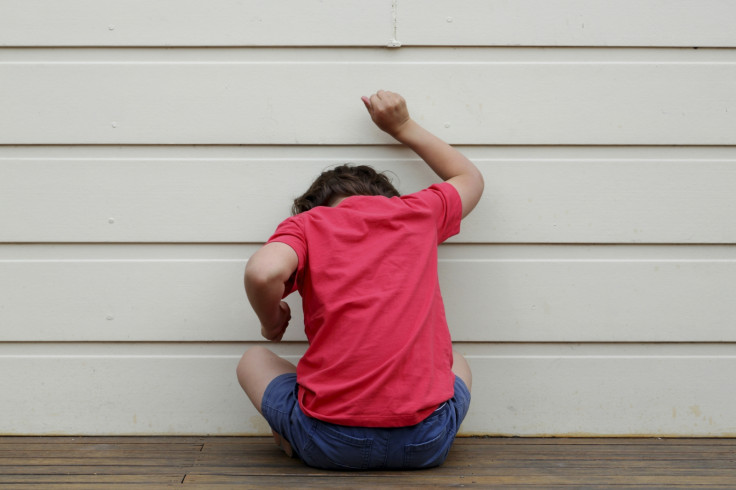School bullies grow up to have higher rate of unemployment and more health issues
New research delivers bad news for playground kings.

Kids that disobey, are aggressive or bully other children face greater unemployment rates and more illnesses in adulthood than others, a study has revealed.
Two studies co-published by the International Longevity Centre UK (ILC UK) look at how childhood events influence our participation in the workforce later in life.
Working For Everyone, a research piece produced with the FRenEWL project, examines the barriers and inequalities that occur throughout life when it comes to professional opportunities and longevity in the workplace.
Exploring Retirement Transitions, co-published with research consortium Uncertain Futures, looks at how different factors influence our extended worklife.
The aim of this research is to understand how childhood events influence someone's adult life, even when it comes to professional outcomes and retirement.
And the future doesn't look too bright for mean kids.
Both researches include analysis from the National Child Development Study, which has been following 98% of the people born in England, Wales and Scotland during a single week in March 1958.
The analysis shows that kids who are disobedient, aggressive or bully other children face greater unemployment, have greater chances of being homemakers and are more likely to get permanently sick than others.
"Severe bullying in childhood is a powerful risk factor for both childhood and adult mental illness," Professor Stephen Stansfeld, Lecturer in Psychiatry at Queen Mary University of London, tells IBTimes UK, "it may affect people's resilience and make them more likely to drop out of work."
The renEWL Project's study highlights that many aggressive kids will end up being homemakers or jobless by the age of 55.
"Conduct problems such as these may also include aspects such as impulsivity that may make focusing on schoolwork more difficult and may interfere with educational attainment and future ability to get good jobs," says Stansfeld.
It's not just the bullies
Bullying often happens in reaction to other factors, such as issues regarding self-worth, absent parents or divorced parents.
But although bullying in childhood has repercussions in adult life, aggressive behaviour as an adult may have more productive outcomes. "Often bullying reflects some personal unhappiness and people talk about bully victims who are often bullied as well as bullying themselves," Stansfeld explains. "Aggressiveness on its own can make for successful careers even if they turn out to be not very nice people."
Both researches agree that bad events experienced during childhood, such as anxiety and depression, lead to greater chances of being unemployed by the age of 55. Events that affect us when we're as young as 7 could impact us for the rest of our lives – or at least our careers.
This also proved true for children who experienced extreme trauma such as physical or sexual abuse, divorce of the parents or absentee parents – whether they were bullies or not.
"We know from previous research that mental health has an important influence on employment in later life," says Professor Jenny Head, lead researcher and head of the renEWL team.
"We found that poor psychological health across the life course, including as far back as childhood, is related to unemployment at age 55."
Both the study by Uncertain Futures and research by RenEWL Project highlight the needs to create mental health strategies that adopt a life course approach. Mainly, they would like to see changes in perception as well as a change in policy when it comes to dealing with older workers, including a regular implementation of flexible working hours – something that is still rare in the UK.







